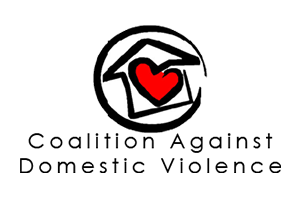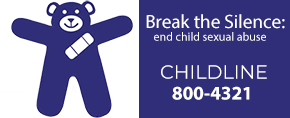





Through the Childline Learning programme, Childline offers a selection of child protection and wellbeing (CPWB) short courses. All courses are self-paced and supported by interactive learning materials based on culturally relevant content.

Call 131 or 800-4321 for FREE. It's available anytime, any day including weekends and on holidays.

Private 1-on-1, FREE chat service. Speak to one of our listeners today.

Our 24/7 helpline is now available on WhatsApp. Chat with one of our listeners today.

Get FREE access to chat, counselling, games, resources and numbers for any situation on Android & iOS
Keep track of your daily moods in the My Childline App

It’s an awesome feeling, isn’t it? We’re happy that you’re happy! But if ever you are unhappy feel free to call ChildLine at 800-4321 or message our 8 AM to 8 PM live web chat.

No one likes to feel sad. Let’s figure out what’s wrong together. Call ChildLine at 800-4321 or message our 8 AM to 8 PM live web chat.

Do you know being stressed for long periods can lead to poor mental and physical health? Don’t bottle up your stress. Let us help you find positive ways to cope. Call ChildLine at 800-4321 or message our 8 AM to 8 PM live web chat.

Anger is a natural emotion, what is important is how we choose to express it. Let’s figure out why you are angry. Call ChildLine at 800-4321 or message our 8 AM to 8 PM live web chat for anger management support.

Feeling depressed? No one to talk to? We are here to listen! We are here to help. Call ChildLine at 800-4321 or message our 8 AM to 8 PM live web chat.




